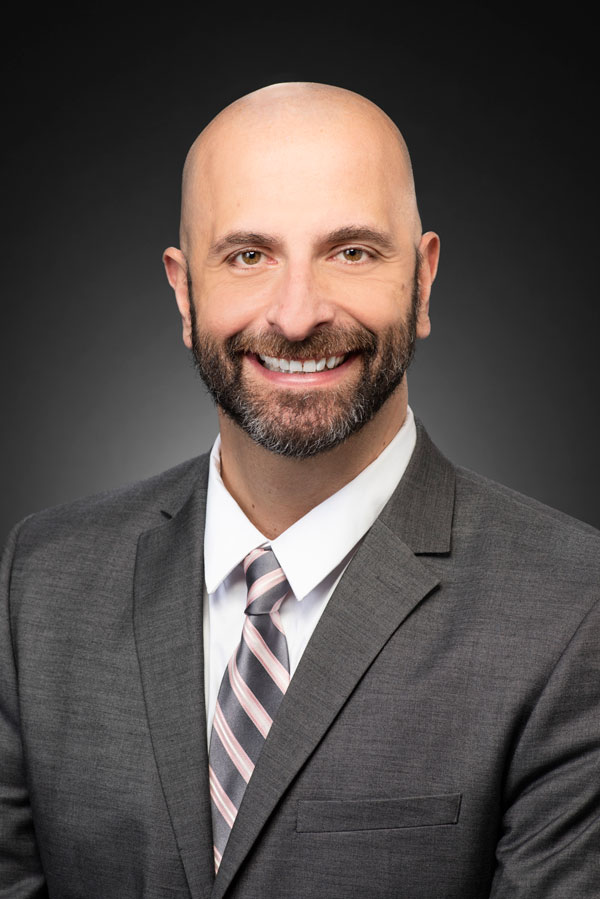CDC Director Mandy Cohen says that new guidance for respiratory syncytial virus (RSV) vaccination was meant to be easier to implement than last year’s advice, explaining some of the thinking behind a decision earlier this year that disappointed vaccine makers.
In June, the CDC updated its recommendation to say that all adults 75 and older should receive an RSV vaccine, as should those 60 to 74 at higher risk of severe illness.
That was a change from its recommendation a year prior, that all adults 60 and older consult with a healthcare professional before getting the vaccine, a process known as shared clinical decision-making. CDC advisers felt the “shared clinical decision-making” framework was ultimately difficult to implement and hindered vaccine uptake, despite all patients in the age group being technically eligible.
Cohen said the RSV recommendations, first made by agency advisors before the CDC signed off, were guided by new data on who would benefit the most from an RSV vaccine.
“We always look at the data to make sure that our recommendations are both clear and that they are actionable,” Cohen said. She made the comments at a webinar Tuesday with healthcare providers hosted with the American Medical Association meant to drum up momentum ahead of the coming respiratory virus season.
The CDC’s June decision has taken the wind out of the sails of vaccine manufacturers who felt the new guidance truncated the treatable population, despite the public agency hoping it would help increase vaccinations. CDC advisors also declined to recommend a redosing schedule or vaccines for adults 50 to 59, a population that GSK is approved to vaccinate.
Clik here to view.
 Demetre Daskalakis
Demetre DaskalakisAt Tuesday’s meeting, Demetre Daskalakis, director of the National Center for Immunization and Respiratory Diseases, emphasized that for patients who aren’t obviously high-risk but whom providers feel would benefit from protection, “clinical acumen counts.” He said that adults 60 to 74 with undiagnosed chronic conditions or who live in a rural area could be good candidates for an RSV vaccine.
“Guidelines are guidelines, and clinical acumen plays in,” Daskalakis said. The guidelines explicitly carve out “other factors that a provider determines would increase risk of severe disease” as qualifying.
New RSV products can also be used to protect pregnant mothers and their children, and the CDC representatives said they didn’t have a preference between Pfizer’s maternal vaccine or Sanofi and AstraZeneca’s monoclonal antibody, Beyfortus.
Manisha Patel told providers to consider whether a new baby would have “delayed linkage to care” after being born, or whether a pregnant person has a compromised immune system that could hinder the transfer of antibodies. The other two approved adult vaccines from GSK and Moderna are not approved to vaccinate pregnant patients.
